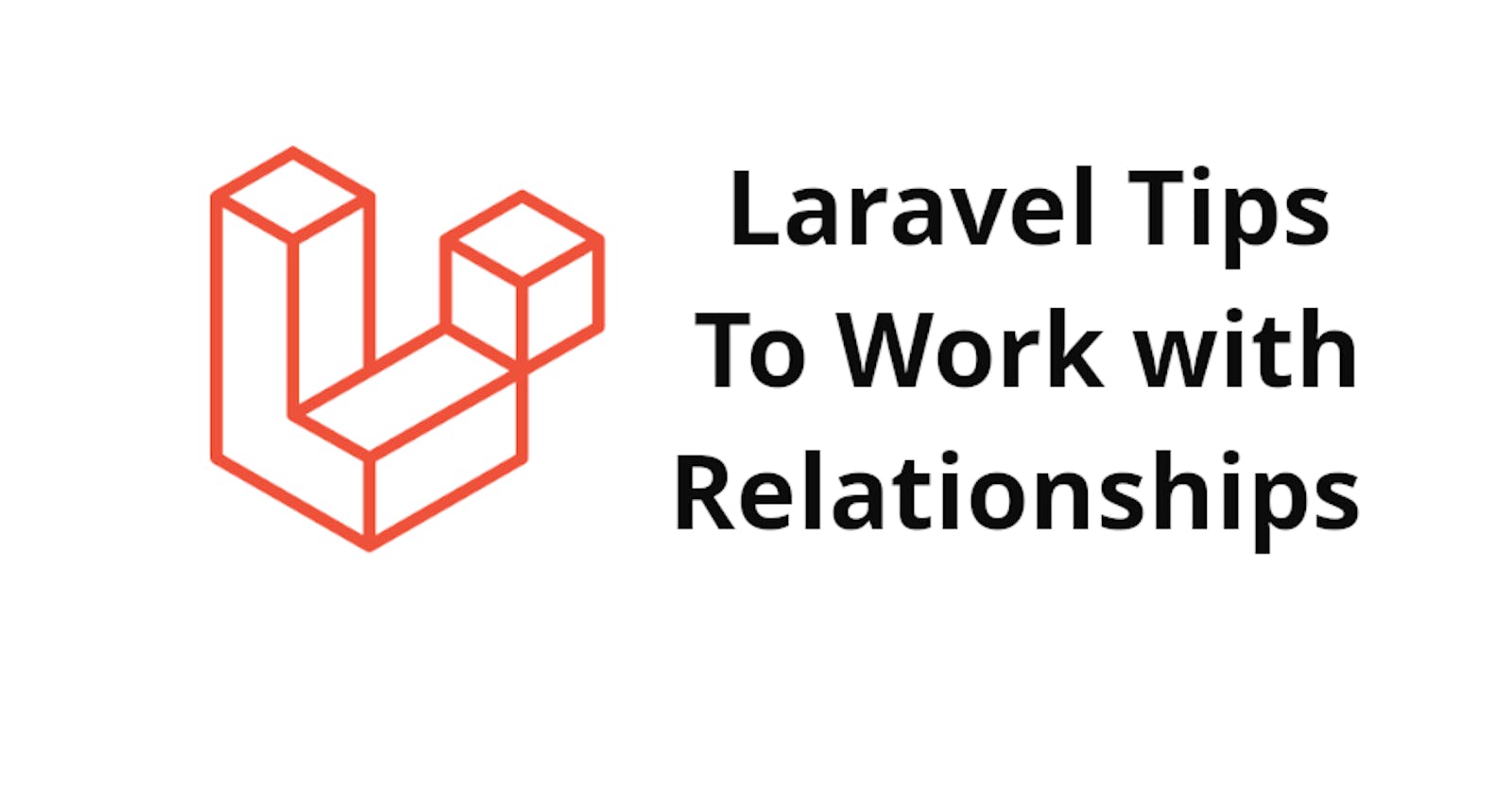In this article, I'm going to share with you some tips that may help you.
- Load Only the Columns You Need with Eager Loading
$products = Product::with('categories:id,name')->get();
- Load Nested Relationship
Image this scenario: The user belongs to a country and this country has a city, meaning we have 3 tables related to each other. How we can access the city from user model?.
$users = User::with('country.city')->get();
- Default Model
Sometimes you want to access a property from a relationship but this field can be null, for example {{$product->brand->name}}, if the name is null you receive a fatal error, to prevent that use default.
public function brand()
{
return $this->belongsTo(Brand::class)->withDefault();
}
- OrderBy
You can order your relationship by the field you need, for example
public function employees()
{
return $this->hasMany(Employee::class);
}
//Order By
public function employees()
{
return $this->hasMany(Employee::class)->orderBy('last_name');
}
- Extra Fields in Pivot Table
In many to many relationships, we can define extra fields in the intermediate table like this
class User extends Model
{
/**
* The roles that belong to the user.
*/
public function roles()
{
return $this->belongsToMany(Role::class)->withPivot('active');
}
}
- Rename Pivot Table
Sometimes you want to customize the name of your intermediate table, you can do it using as.
public function podcasts()
{
return $this->belongsToMany(Podcast::class)
->as('subscription')
->withTimestamps();
}
- Filter Relationship
You can use where to filter a relationship
public function active_users()
{
return $this->hasMany(User::class)->where('active', 1);
}
- whereRelation
From Laravel 8.57 we can use whereRelation, we can consider an improved version of whereHas
whereHas Example
$products = Product::whereHas('reviews', function ($query) {
$query->where('stars', '>', 3);
})->get();
whereRelation Example
$products = Product::whereRelation('reviews', 'stars', '>', 3)->get();
If you have more tips leave them in the comment section to update the article.
Thanks for reading.
